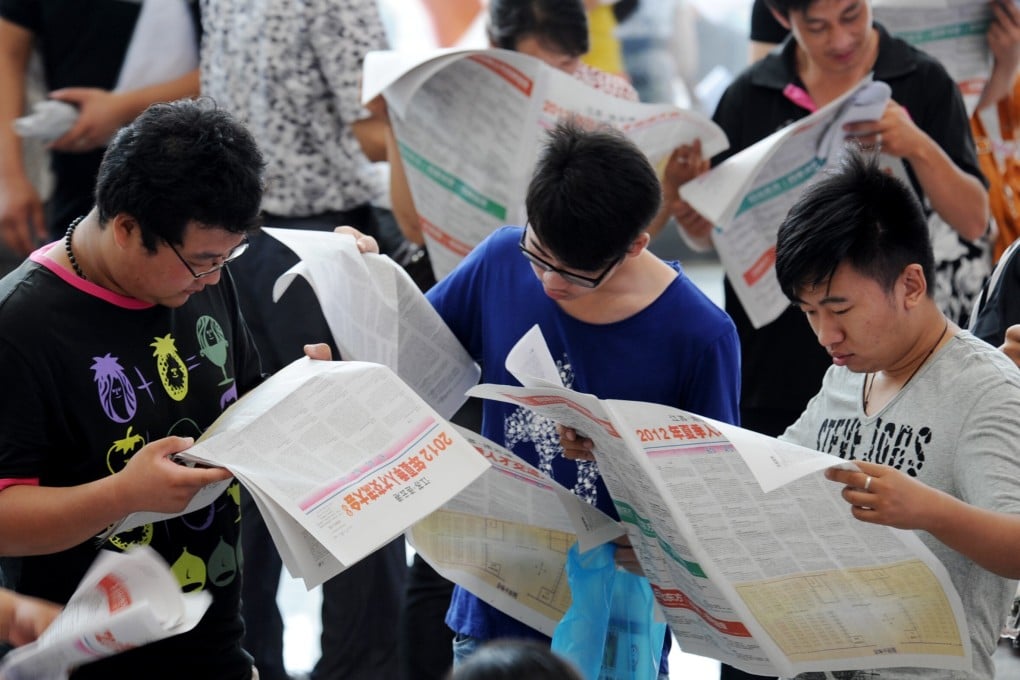Is this China’s ‘Great Resignation’? Freelancers find both hope and uncertainty in bid to escape 9-to-5 grind
- Intense pressure, long working hours and relatively low wages have convinced millions to embrace ‘flexible employment’ and freelancing, often in a gap between full-time work
- Income is important, but Gen Z and younger millennials say their ideal jobs offer freedom while allowing them to pursue their passions

With China’s working environment becoming increasingly stressful and competitive, Zheng Lizhu’s career ambitions as a designer shifted dramatically earlier this year.
“The competition and anxiety in the design industry made my toes curl,” Zheng said. “I worked like a machine every day. By the time I got home I’d already be exhausted, and my mind would be blank, with no time or energy to think or reflect on myself.”
Devoting her whole life to the company wasn’t a fair trade-off, the 30-year-old said, noting that she was regularly required to work overtime and had to be on standby 24/7. The toll eventually drove her to resign from her job and explore new options as a freelancer.
“Now, as a freelance designer, I have control over my time and the way I work,” Zheng said.
Hers is a situation that is becoming increasingly commonplace in China, as a portion of the crestfallen and discouraged workforce – including fresh university graduates – attempt to wrest back control of their time and freedom without completely retreating from society.

This sort of employment shift has gained traction at a time when the United States is coping with what some have dubbed the “Great Resignation”, with record numbers of people quitting their jobs as the pandemic wanes. The US Bureau of Labour Statistics said 4.3 million workers quit in August, at a rate of 2.9 per cent – the highest ever recorded by the bureau.